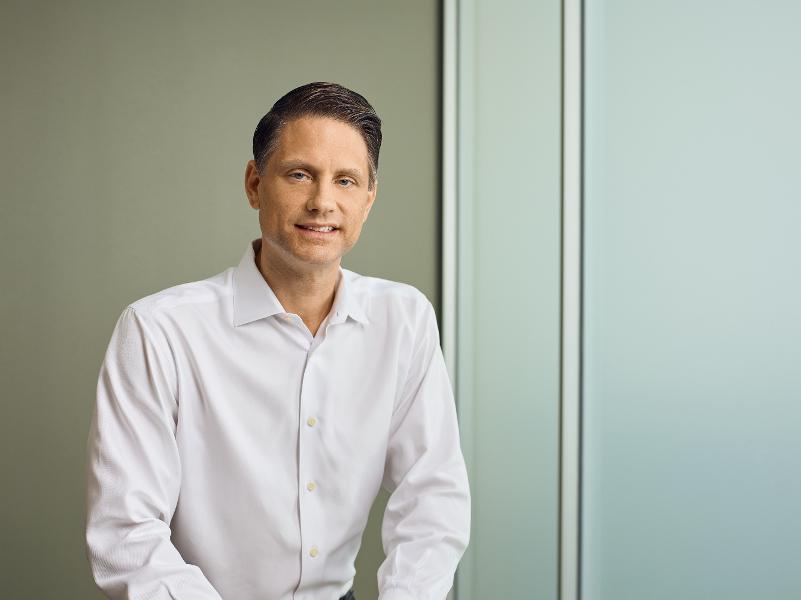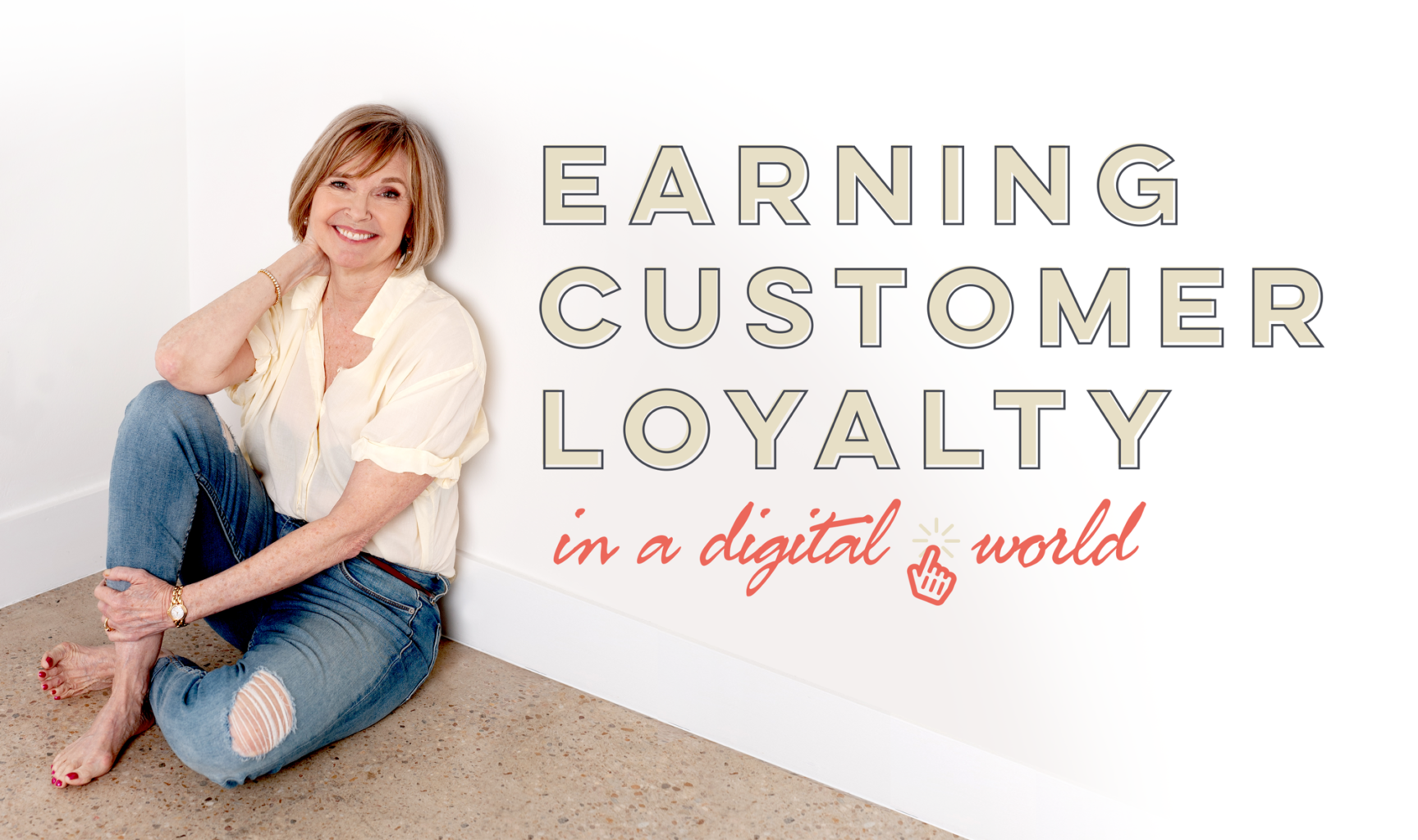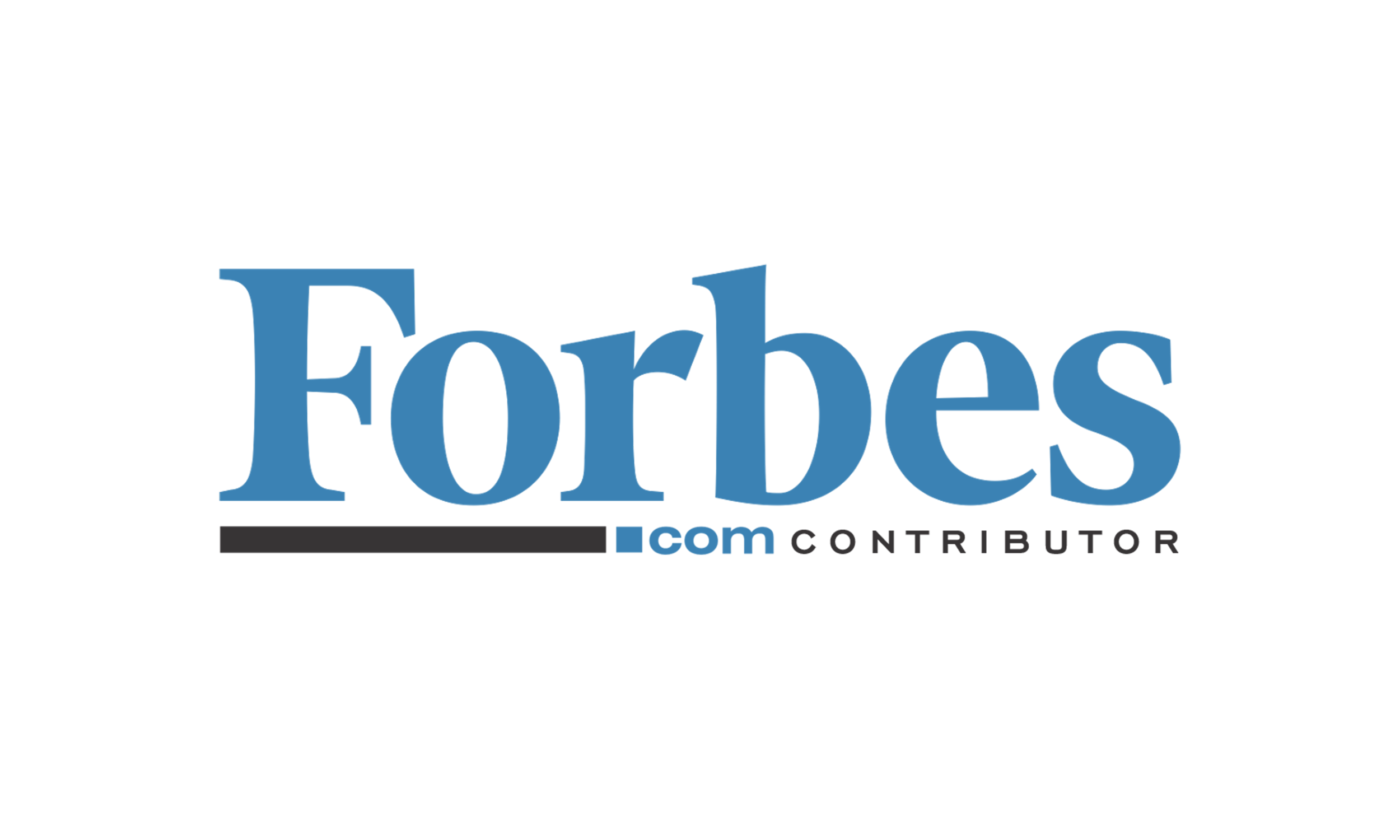
To Be Successful, Find A Need And Fill It
Travis Parigi is the CEO of LiquidFrameworks, a leading provider of cloud-based, mobile field operations management solutions serving the energy, industrial and environmental service industries.
I had the opportunity to interview Travis recently. Here are the highlights of that interview:
Jill Griffin: Where did you grow up? Describe your early childhood and its significance on your life.
Travis Parigi: Beaumont, TX. In 1983 I was in 6th grade, and at the top of my Christmas list was a computer. I’m not really sure why I wanted one, but I remember having a strong curiosity around technology in general. Even prior to that I remember asking my mom for an Atari gaming console in the late 70s. She never said yes and in an effort to figure why or maybe ways to get around the denial, I would present these hypotheticals to her such as, “What if it only cost $1. Would you get me one?” Her answer was always no. She didn’t go into the reasons why, but I can only assume she may have thought video games were not the best place for a 9-year-old to spend their time.
Back to Christmas 1983, Santa came through and brought a computer just as I had hoped. It was the most excited I had ever been about a present. My parents were still asleep and I remember running into their room exclaiming my excitement. It was a Commodore 64 and still don’t really know how she decided on that vs the Apple II. I hadn’t given any specs other than I really want a computer. Every Christmas we would have Santa in the morning and have lunch at my grandparent’s for the entire afternoon. On that particular Christmas Day, I spent almost the entire after on my grandmothers staircase reading the book Programmer’s Reference Guide which was included with the Commodore 64. This book included chapters on how to write code using the BASIC programming language, and I read it cover-to-cover trying all sorts of examples found in the book. When the example programs made the Commodore produce the results I expected, I was immediately enamored with the ability to control a machine based on the instructions I gave it.
At the time my mom kept track of the member list for a local alumni club for Texas A&M graduates. I saw her maintaining the names and addresses of people for the monthly newsletter mailings in notebooks, and decided I would write her a program to store that data and print mailing labels from it instead of hand-writing everything. I got a tape drive and a dot matrix printer to go along with my Commodore and started writing a BASIC program to provide that functionality. Within weeks she was testing it and providing feedback about small changes to make the program better. Once complete, she switched to using my program and saved a ton of time versus the manual process. She was really my first customer.
During that time, I would come home every day from school and work on various types of computer programs in my room learning as much as I could. In the mid-80s there wasn’t much in the way of mentors and developer groups for a middle school kid, but my mom recognized the interest. She had me attend a few one-on-one classes with a teacher at a local computer store who introduced me to “IBM Compatibles,” a class of computers more powerful than the Commodore and competitive with the IBM PCs but more affordable. I upgraded my computer system to a PC and bought a copy of Borland’s Turbo Pascal compiler. With Turbo Pascal I really started to see what could be done with software development. Writing Pascal programs on this new machine allowed me to store and retrieve large amounts of data to a hard disk with relative speed and leverage the mouse for input, allowing for a much better user interface. Pascal opened up a whole new world of programming possibilities with procedures, functions, structures and much more. I was totally hooked at this point. But I was hooked on coding and never really had much interest in the gaming side of things. I found so much satisfaction in seeing the computer do exactly what I needed it to do with respect to efficient information management.
Griffin: When did you first get the whisper you belonged in business?
Parigi: When I was growing up, my dad had a retail liquor business, and they also had a wholesale distribution business selling and delivering wine, beer and liquor to hotels, bars and restaurants in Beaumont. The wholesale distribution side of his business involved taking orders from an established customer-base that had pre-negotiated pricing and then generating delivery tickets that were used to pick the orders and were sent along with the drivers for delivery. Twice per month they created invoices against the delivery tickets. The process was entirely manual and used (believe it or not) brown paper bags for order taking and pre-printed forms which were manually completed for the delivery tickets. I watched this process every weekend during my childhood since I worked as a stock boy and also bagged ice for my dad’s business at the pay rate of a nickel per bag.
In 8th grade I decided to write a program for their process. I spent a number of weeks writing pascal code that would allow them to enter an order and print delivery tickets from it. There was more to what they were doing, but I thought I’d see if I get this basic set of critical functionalities to work first. My dad’s partner was his brother (my uncle) and he provided a number of ideas to make the program better and I worked them into the program’s first version.
On a Saturday (when I didn’t have school) I took my computer to their store and set it up with the newly created software program ready for its first set of trial orders. Starting at 10 a.m. when they opened, my uncle punched in the first few orders and noted a few things that needed adjustment. I welcomed the feedback and jumped at the chance to make improvements to the software right there between more orders arrived via phone call. They used the system the entire day creating professional looking, computer-generated delivery tickets with accurate customer-specific pricing. When they closed at 9 p.m., I started disconnecting my computer to take home. My dad and uncle stopped me, asking what I was doing, and I said I was getting my computer ready to go home. They explained it wasn’t going anywhere, and they would be getting me a new computer for home, but this one was staying right here to do more orders the following week. That was 1985 and even though I’ve made a number of updates to it since that time and my dad and uncle sold that business years ago, that program is still being used to generate orders, delivery tickets and invoices as of 2019. It’s certainly my longest running system
That project taught me what it means to build software that operates exactly to the user’s needs. Throughout the years, my uncle and dad made countless requests to make adjustments down to the pixel and keystroke to optimize its use for their users. Ultimately they were able to get orders created in seconds, and the value it delivered for them was significant. I thoroughly enjoyed giving a customer exactly what they needed and seeing real value extracted from it. From that experience, I knew I wanted to one day start a business that built commercial software for businesses.
Griffin: Was there an early teacher that inspired you? Who and how?
Parigi: When I started Kelly High School, at the time they didn’t offer a computer class for students until their sophomore year. As a freshman, however, I wanted to learn more about pascal, and anything else programming related. Terry Escamilia was the high school’s computer science teacher, and he welcomed the chance to help me understand more complex topics even though I was early for his class. He literally helped me one-on-one in the computer lab taking the time to teach me when I was still a freshman – a full year early for the class. I took his class as a sophomore, and he helped me learn a significant amount more and turned out to be a strong influence throughout high school. Terry is now a published author having written books about intrusion detection and security
Griffin: As you rose in your career, what obstacles did you encounter and how did you deal with these?
Parigi: As the business grew we acquired customers of increasing scale with a global footprint, As a result, the requests for more complex modules and features increased. This put significant demand on the company as a whole but especially development. This required that we scale the business and the product technology platform to accommodate those requests. That took a tremendous amount of time, effort and financial resources. The problems we were solved by hiring outstanding people and giving them the freedom to help solve these problems. It also involved raising outside investment from the venture community to help finance this effort.
Griffin: What’s a great piece of business or life advice you received, who gave it to you, and how has it enhanced your life?
Parigi: From grade school to beyond college, I grew up watching my dad wake up very early in the morning to run a minimum of 8 miles every day and then work from 9 a.m. until 10 p.m. He never missed a single day of running unless it was flooding outside or if he had a significant running injury – both of which were extremely rare. It was not uncommon for his log book to have no Missed Days for the respective year. He ran to train for marathons, and he would run one about every three months. He later told me that he also used the running time in the morning to sort out his thoughts and prioritize issues that needed to be solved for the work day. Through this, I saw the physical manifestation and meaning of unrelenting persistence, dedication, commitment, hard work, goals, drive and most importantly self-discipline. It showed me the importance of making physical fitness and healthy lifestyle a priority in my life, and that goals are not easily or quickly achieved but instead take years of consistent application of effort – even when results are not immediately noticeable.
Griffin: Please give me the top 3 bullet points in your Personal Leadership Credo.
Parigi:
● Significant goals are not easily or quickly achieved but instead take years of consistent application of effort.
● A leader should always be ready and willing to do that which you ask your team members to do.
● In building great enterprise class business software align your decisions and priorities around the following product objectives:
○ Reliability – your product has to be accurate and provide a real solution to the user base delivering quantifiable value.
○ Usability – the use of the product must be intuitive with little training required.
○ Speed – it better be fast.
Griffin: What advice do you have for young, talented, ambitious people who want to rise?
Parigi: Only work on problems that you have a natural passion for solving. Explain your passion with others and only hire those that share your vision. Get really good at recruiting. It might be the top, most important aspect of creating a scalable, successful business. Everything can always be solved with great people AND only great people can solve hard problems.



